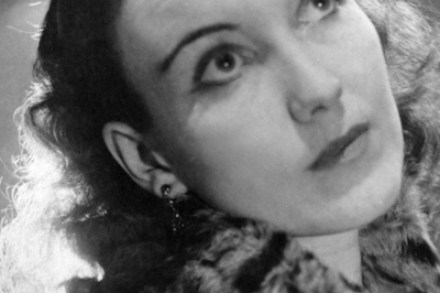Jane Gardam on Barbara Comyns – essay
The Vet’s Daughter is Barbara Comyns’s fourth and most startling novel. Written in 1959 when she was 50 it is the first in which she shows mastery of the structures of a fast-moving narrative and a consistent backdrop to the ecstasies and agonies of the human condition. It was received with excitement, widely reviewed, praised

